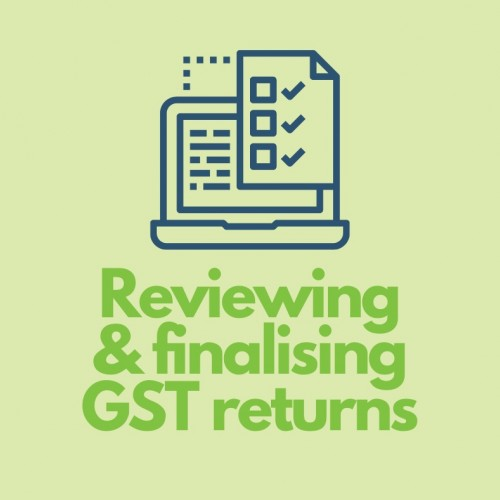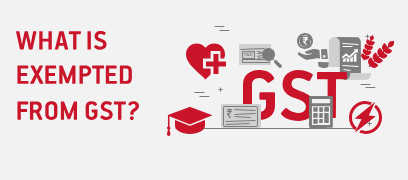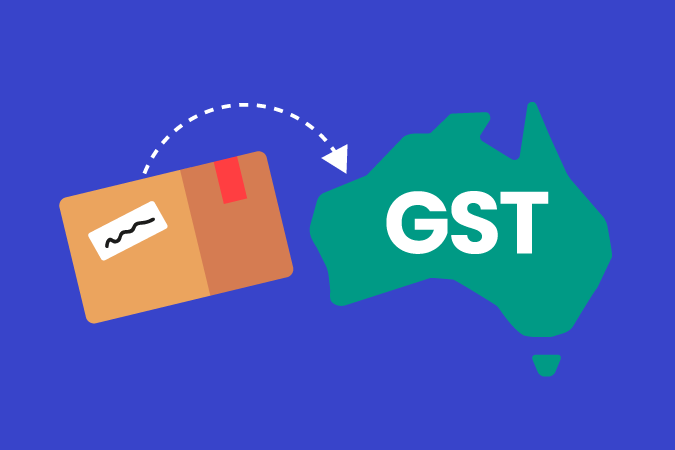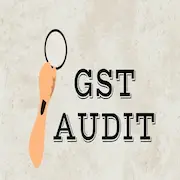GST on imports and exports products in NZ is a necessary part of business transactions and tax regulations. Imported goods and services are taxable activities and supplies that are bought or sold, between residents and non-residents, thus very specific rules are required to impose and regulate taxes. On imports and exports in New Zealand, certain GST is levied along with New Zealand Customs tax. As a business entity operating in the import and export of goods and services, you need to understand the GST rules and filling process so you comply with the country’s taxation policies.
GST on Imports in NZ
Imported goods or services are products and supplies that a non-resident provides to residents in New Zealand, i.e., these taxable activities are produced and provided by overseas businesses and individuals but consumed in New Zealand. On Imported goods, the Customs Services in New Zealand collects GST regardless of whether the person is registered for GST or not. The only exception is when a purchased product is returned or replaced, the product is on the exempted list and is Zero-rated.
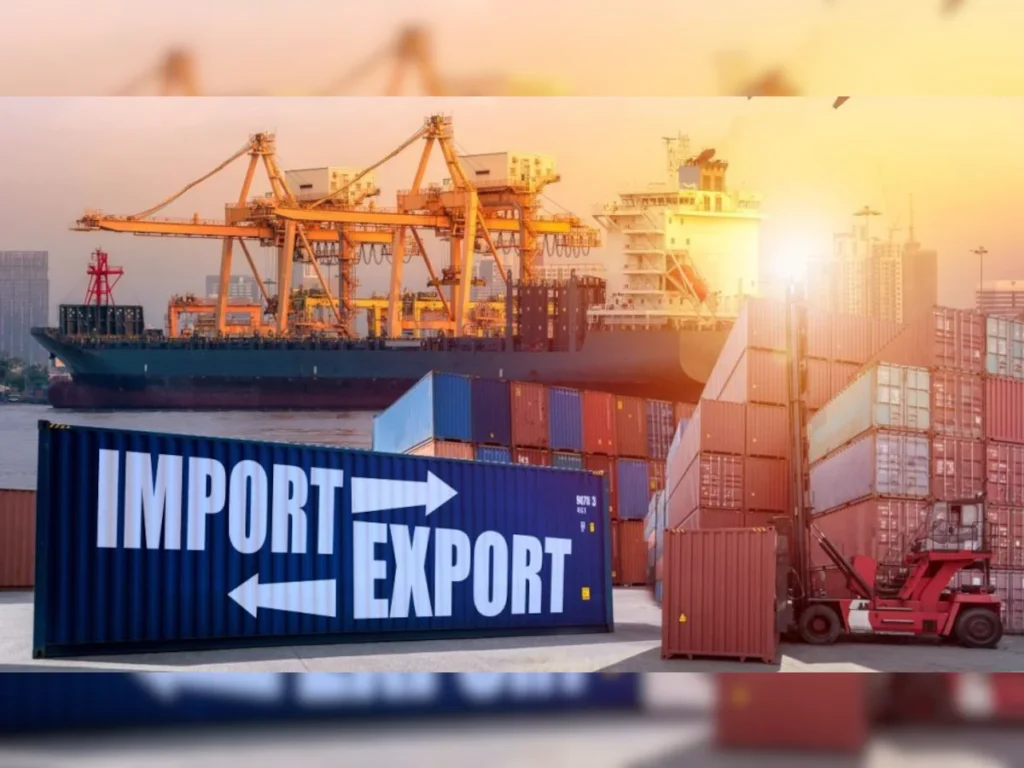
Imports GST on Goods
Imported products are levy to both customs tax and GST, however, there are specific criteria that determine how much customs tax or GST is charged on certain products brought to the country. Our website provides a free tool GST Calculator NZ to calculate GST in just one click.
The GST rate on imported goods is listed below:
| 1. Imported Products costing $ 1000 or less: If the value of an item or product is $1000 or less, then there is no custom tax since GST is already collected on the products. 2. Imported Online purchases worth $1000 or more: on products that cost $1000 or above, NZ authorities collect GST and/or Duty and issue an invoice based on the value of imported products. You must get the Customs Number to comply with the rules and pay the required taxes. Number. |
On imports, the GST is calculated in the following way:
- The value of the goods for customer duty purposes, is calculated during the import entry process.
2. The amount of customs duty and tax (other than GST) payable to New Zealand Customs services
3. Insurance and freight costs in bringing the goods to New Zealand (if not included above)
The New Zealand government has enforced new rules regarding and now a non-resident in New Zealand conducting any taxable activity must be registered for GST. In addition to this, since December 2019, any low-valued goods sold to consumers in New Zealand via an overseas business must be registered for GST collection and GST returns.
GST Exemptions on Imports in New Zealand:
There are certain exceptions to GST on imports. Specifically,
· There are no GST charges when goods are less than $400
· Fine metals are exempted goods so no tax is to be paid Goods that are temporary imports and remain in New Zealand for less than 12 months are charged with customs GST which is refundable when the goods are exported within the 12-month period. For that proper documents must be provided at the customs
GST on Imported Services
A Supply of Services charge is applied when an overseas or non-resident provides services to a resident in New Zealand. These imported services are subjected to GST when:
· At least 5% (by value) of the supplies made by the recipient in a 12-month period are non-taxable; and
· For any service that is a taxable activity within New Zealand provided by a New Zealand-based business or entity, the same GST charge is applicable even if supplied by a non-resident provider.
This rule is further strengthened by new changes in GST rules, as in the coming year of 2024, new rules will be imposed to regulate the online marketplace. Specifically, overseas marketplaces selling services that are ‘performed, provided, or received in New Zealand’ must collect GST and file GST returns. This applies regardless of whether the company is registered for GST in New Zealand or not.
GST rates on services that originate overseas are categorized as services that are liable for:
GST rates on services that originate overseas are categorized as services that are liable for:
- A standard rate of 15%
- 0% GST
- GST exempted
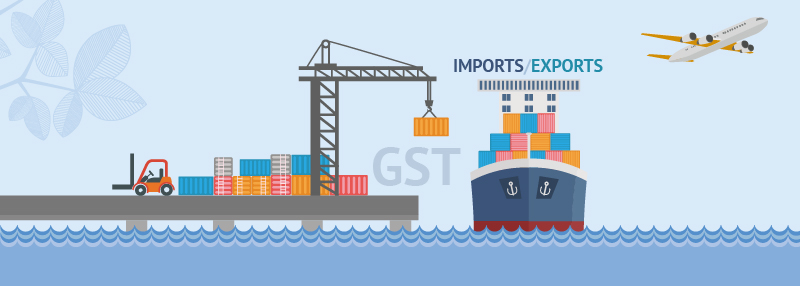
| Imported Services liable for standard GST of 15%: Management Legal and accounting services products downloaded online | Zero-rated Imported Services any service physically performed overseas and physically consumed overseas. | Exempted Imported Service |
GST on Exported Goods and Services in NZ
Exports of goods or services are when an NZ resident provides products and services to non-residents outside of the country. As a business, if you are in exports of goods then you may check if the exported goods are liable:
- For a standard GST,
- Zero-rated, or
- Exempted good.
- The following Zero-rated GST rules apply to Exported Goods
- Supplies with a value of less than $1000 that are not required to be in the export entry
- Stores supplied to aircraft and ships for use outside New Zealand
- Exported goods entered in the export entry must be exported within 28 days
- Aircraft and boats exported from New Zealand that are exported within 60 days of the report are zero-rated
- Exported that were destroyed due to uncontrollable circumstances are zero-rated
GST on Exported Services
As a business and entity that provides taxable services, you must be registered for GST if your annual revenue is $60,000 or more. When filing for GST, it is necessary to show whether a service was provided to a resident or non-resident, as these services have different GST rates.
If you want to read about GST in Australia.
| Zero-rated Exported Services Services on land and buildings located overseas. This could include, real estate, legal or architectural, Remote services to overseas clients. This can be confirmed using the billing address and IP address, Services related to copyrights and patents applied outside New Zealand, |
GST on Imports and Exports for Non-Residents
If you are a non-resident business and do not make taxable supplies in New Zealand, you can claim GST on expenses incurred in New Zealand.
GST on imports and exports in NZ is based on fair GST rates and ensures all taxable activities are fairly regulated. IRD has made clear rules and enlisted GST rates on imports and exports.


